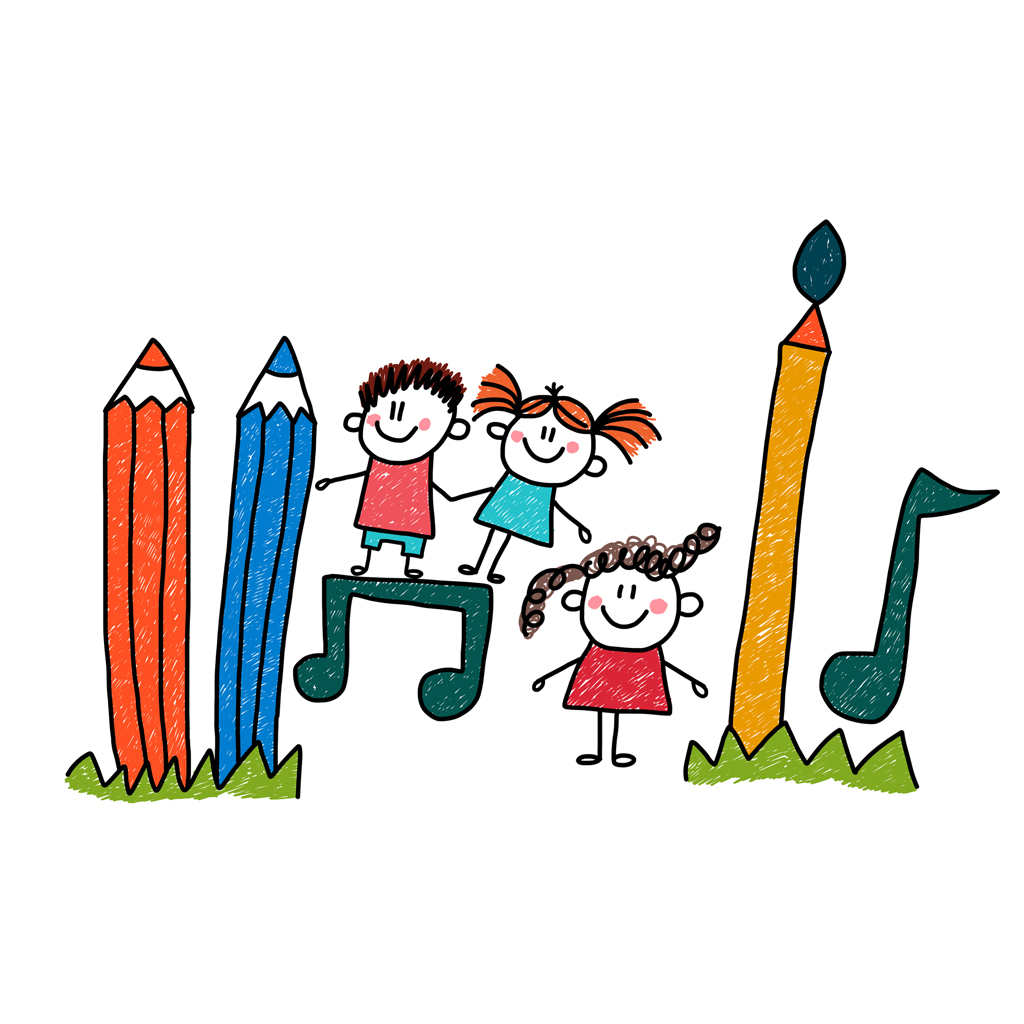Our Method
Immersion Method:
Immersion (lat. Immersion) is a situation in linguistics and pedagogy in which people, especially children, are exposed to a foreign-language environment where they acquire the foreign language casually. In contrast to other language learning methods, immersion is based solely on the principles of mother tongue language acquisition.
Your children will learn with all their senses. We sing, dance, play, paint, touch, tell and listen to stories – all in English! The children learn English as they have learned their own mother tongue: naturally, spontaneously and without pressure. Playfully, they develop a feeling for the English language.
At this age, learning a passive vocabulary is more important than learning an active one. The covered topics (family, colors, animals, clothes, food, etc.) have a clear relation to the children’s everyday experiences – something they can identify with.
We celebrate Easter, Christmas, Halloween, etc. and learn the corresponding rhymes, songs, phrases and stories.
Teaching materials include: worksheets, hand puppets, picture books, music CDs, picture cards, paintings, memo-cards, activity games, experiments and games for the senses.
Through the repetitive and the recurring rituals, the children’s acquired learnings are deepened after every lesson. English thus becomes an integral part of their active vocabulary.
Children in grade 3 are slowly introduced to reading and writing in English.
In our special grade 4 program, your children are prepared for the secondary school.
The children receive a folder in which they collect worksheets. These give the parents and us an overview of the topics covered.
